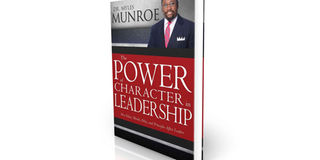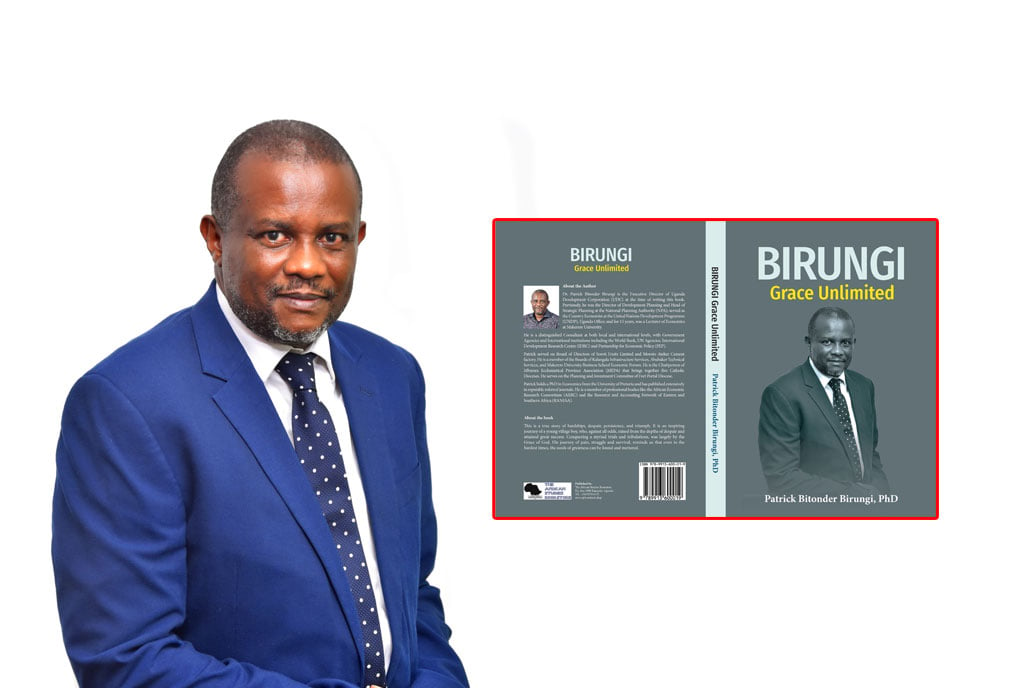
Title: The Power of Character in Leadership: How Values, Morals, Ethics, and Principles Affect Leaders
Author: Myles Munroe
Cost: 274,100
Availability: Amazon
Pages: 256
Published: 2017
The number one plague of leadership is character, says the late Dr Myles Monroe. Not because character is some kind of sickness that ails a leader. Rather, character is in such short supply in leadership these days that most of us cannot tell a leader from a hole in the ground.
Corporate, civic, religious, indeed any leader of any kind is falling under the weight of power, temptation, immorality, lack of values and broken principles. Every day, we read about covenants of trust and service being broken by a leader.
Breaches of trust are so prevalent today that character and leadership seem to be diametrically opposed.
That is why our society will call a crook of public funds “sharp”. While somebody who retires from a leadership role without having enjoyed the pay and perks that come with that duty is deemed a “loss”.
In The Power of Character in Leadership: How Values, Morals, Ethics, and Principles Affect Leaders, Dr Myles Monroe hopes to restore character to its rightful place. That place is at the centre of things.
This situating of character provides a moral balance by which leaders are steadied and protected by a selfless impetus to the led. Character is, according to the author, the very future of leadership.
Dr Munroe’s lessons, rich with biblical and secular allusions, cut across the board. Whether your leadership is amongst the devoutly religious or the stoutly irreligious, character is precept. It is the one thing a leader cannot do without.
“Character is like a personal alarm system,” writes Monroe. “So whenever you are tempted to break into your own values and violate your own convictions, an alarm goes off and your character says you cannot do that.”
We need leaders, he adds, who are ready to follow their conscience and their convictions rather than their convenience and their compromise. This is extremely difficult. That is why leaders fall down as opposed to falling up. Character ensures that you benefit in the long run from what seems initially to be a setback. This is the essence of falling up.
You may think your moral character has let you down by turning you away from moral tests which provide quick gains. But that is farthest from the truth.
Character is what keeps us anchored to our principles in the face of a permissive culture which puts a premium on moral surrender, instead of moral strength.
Dr Monroe reminds us, in four sections and sub-sections, that character is the key that will unlock the gates to true leadership.
As God shapes character, He demonstrates how character develops from what we believe, what we go through, what we value and who we serve. This is why character must reflect God-designed principles.
To be sure, principles spring from a moral conscience and a moral conscience emanates from principles.








